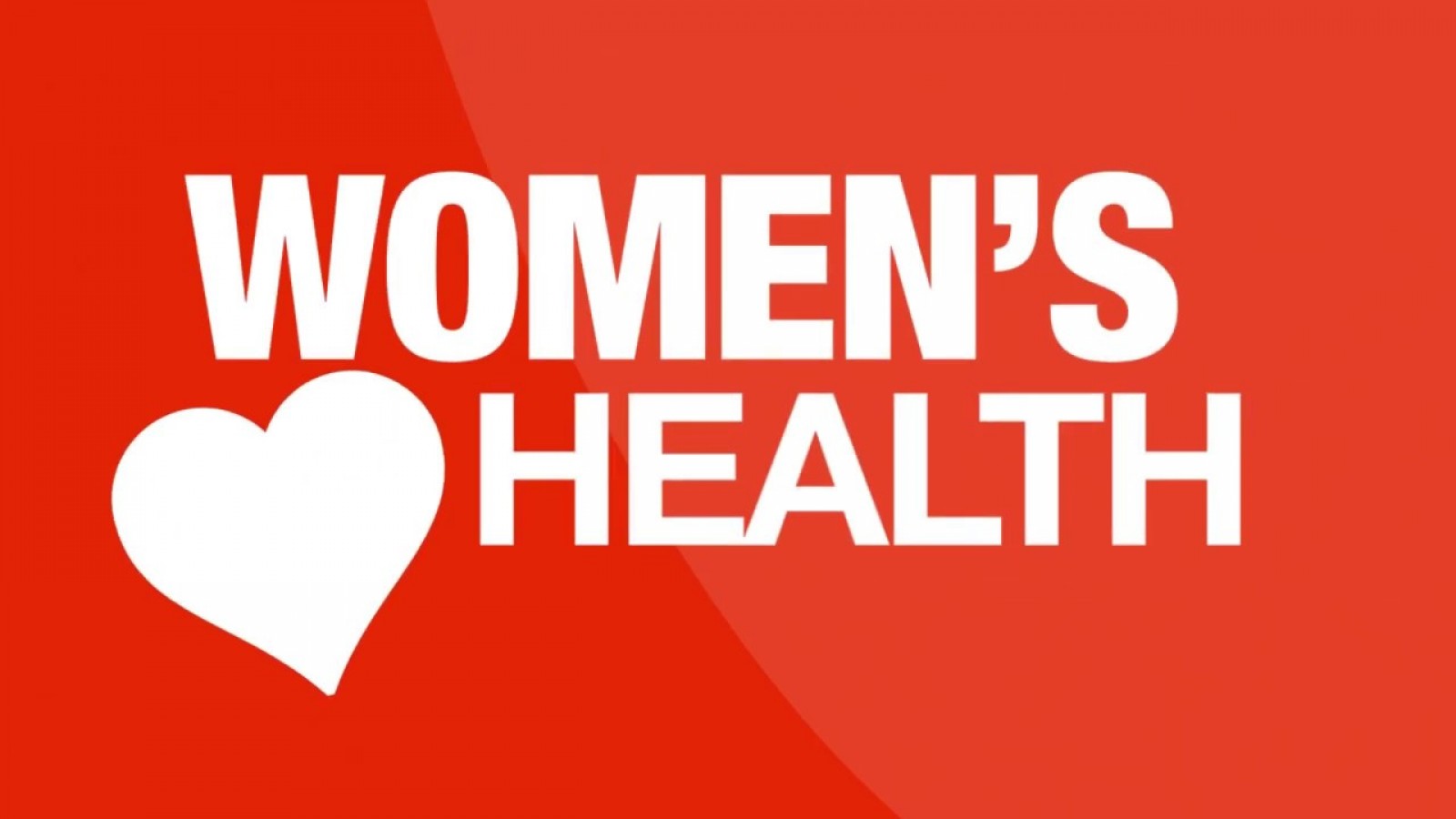February 1 is Go Red for Women Day, a campaign that aims to raise awareness of heart disease and stroke as one of the leading killers of women. Here are 5 things about women’s heart health.
1- Go red for women
Go Red for Women is an international campaign run by the American Heart Association (AHA) to educate women about the signs and symptoms of cardiovascular diseases and stroke, as well as particular risk factors to be aware of. The campaign began in 2004 and is now in more than 50 countries. National Wear Red Day marks the beginning of American Heart Month.
2- Half of all Americans have some form of heart disease
A recent report released by the AHA found that nearly half of all Americans—121 million adults—have some form of heart disease. Though this increase is due in part to a change in blood pressure guidelines–—in 2017, hypertension was redefined by the AHA as a blood pressure of 130/80, lowering it from 140/90—it’s also a wakeup call from doctors to be more active.
3- Heart disease can present differently in women
Heart disease is the leading cause of death for women in the United States, responsible for about 1 in every 4 female deaths. Unfortunately, almost two-thirds (64%) of women who die suddenly from coronary heart disease exhibit no previous symptoms. This is why physicians and cardiologists alike stress the importance of women getting screened for heart disease, because despite the lack of symptoms women may still be at risk.
4- Risk factors for women
Although certain risk factors affect both men and women, such as high cholesterol and obesity, other factors may more significantly affect the development of heart disease in women. Specifically, risks that disproportionately affect women include mental stress and depression, smoking, inactivity, menopause, broken heart syndrome, and pregnancy complications. This is in part because certain risks take a bigger toll on women’s hearts than men.
5- How to lower your risk
Some risk factors of heart disease are out of any individual’s control, such as your age, gender, race or ethnicity, and family history. However, there are steps you can take to reduce your risk. Leading cardiologists recommend controlling blood pressure, keeping cholesterol low, regular exercise, no smoking, and make sure to get enough sleep as a lack of sleep can increase the risk of high blood pressure, obesity, and diabetes.
Resource: https://www.ajmc.com/newsroom/5-things-to-know-about-womens-heart-health






